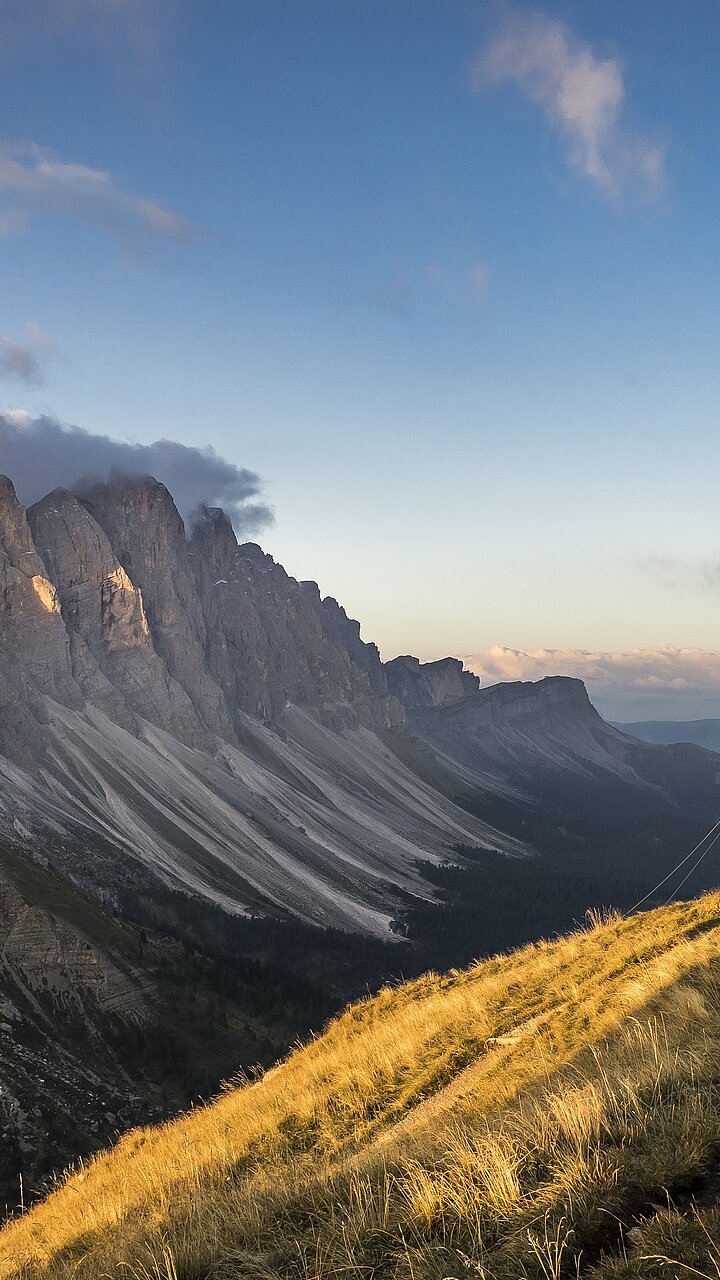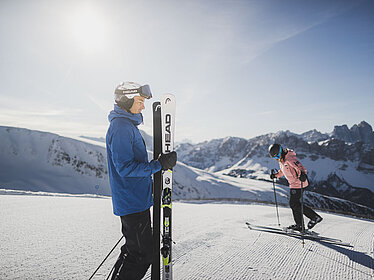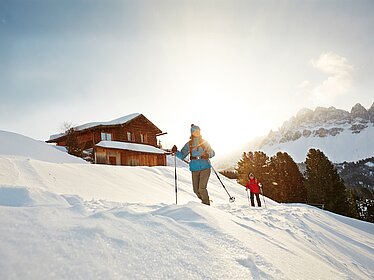Exploring the great outdoors
Urban Vibes
A feast for the senses
My holiday
Menu
Exploring the great outdoors
-
Exploring the great outdoors
- Bike
- Hiking and walking
- Skiing and winter sports
Exploring the great outdoors
Exploring the great outdoors
Exploring the great outdoors
Menu
Urban Vibes
-
Urban Vibes
- Vibrant old town
- Art and culture
- Shopping
- Water
Urban Vibes
Menu
A feast for the senses
-
A feast for the senses
- White wine
- Local products
- Törggelen harvest festival
- Dining
A feast for the senses
A feast for the senses
A feast for the senses
Menu
My holiday
-
My holiday
- Brixen as a holiday destination
- Arrival and local travel
- The latest from Brixen
- Events
- Holidaying in Brixen
My holiday

10 tips for safe hiking and mountaineering
- Healthy in the mountains: keep a constant tempo and realistically assess your fitness
- Careful planning: Inform yourself about the length, height difference, difficulty, current conditions of the trails and pay attention to the weather forecast
- Complete equipment: Protection from the rain, cold and sun should always be packed in your backpack, as should a first-aid kit and a mobile phone (European emergency number 112). Maps, apps and GPS will help you find your way
- Appropriate footwear: Stable hiking boots improve your footing
- Surefootedness is the key: Falls as a result of slipping or tripping are the most common cause of accidents.
- Stay on marked paths: Avoid short cuts
- Regular breaks: Regular rests help hikers to recover. You need to eat and drink to sustain your concentration and energy levels.
- Responsibility for children: Discovering the landscape in a fun way is very important for children. Very difficult hikes, which require long periods of concentration, are not suitable for children.
- Small groups: are more flexible and allow members to help each other. Inform someone about your route.
- Respect for nature and the environment: do not leave rubbish behind, stay on the paths, do not disturb wild animals or livestock, do not touch the plants, and respect protected areas.

Tips for encountering wildlife
- Stay on the marked routes and trails
Deer barrier associate hiking trails with the presence of people and avoid them. - Respect resting times
While feeding, especially in the early morning and late evening hours, do not disturb wildlife. Plan your hike so that you will be back before dark. - Leash dogs
Dogs should be kept on a lead in the forest, no matter how obedient they are. Especially in May and June, deer are often killed by dogs. Even if you encounter a bear or wolf, your dog may become a victim of the attack. - Taking rubbish home
Litter poses a great risk of injury to wild animals. Shards, cups or plastic bags can injure animals. - Avoidance
If you have a direct encounter with wild animals, you should avoid them. Most animals are harmless as long as you stay calm. - Do not touch
If a wild animal is not shy, do not touch it. The same applies to dead animals. Notify the local game wardens or the police. - Do not pet young animals
Young animals should not be touched. If young animals smell of humans, they will be rejected by their mother.

Protected species of flora and fauna
in South Tyrol
The Provincial Nature Conservation Act 6/2010 regulates the protection of wild animals, wild plants, their habitats and the protection of fossils and minerals.
You can help to protect our nature and environment!









